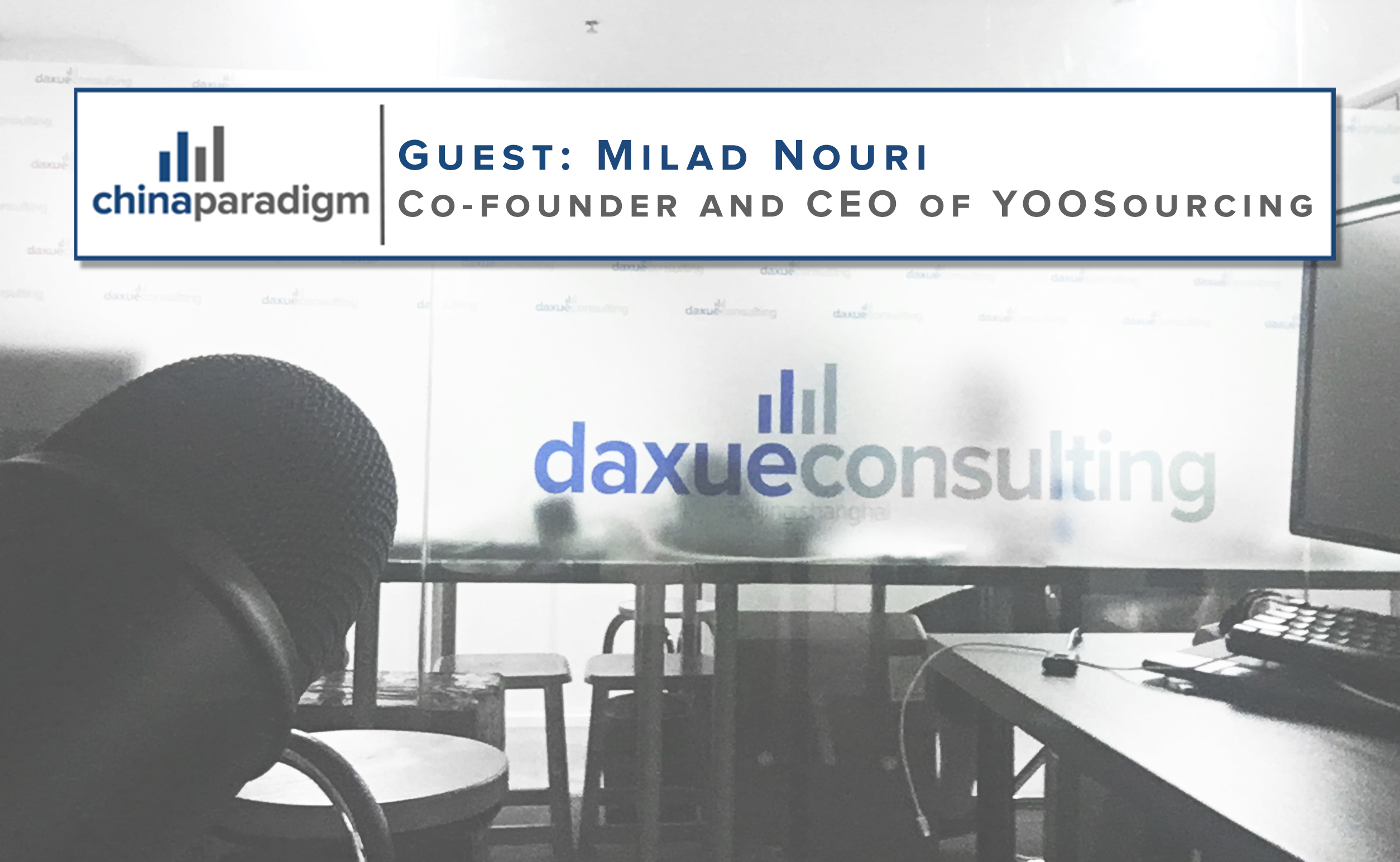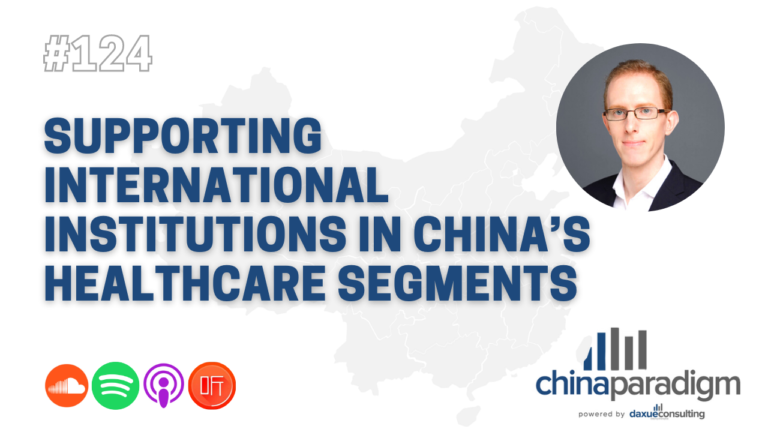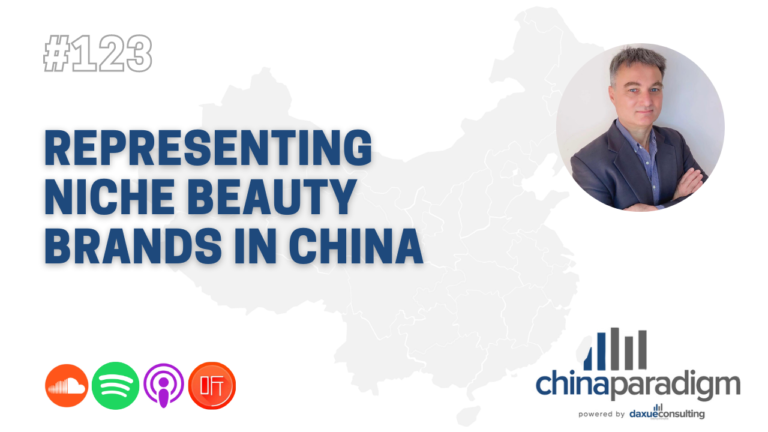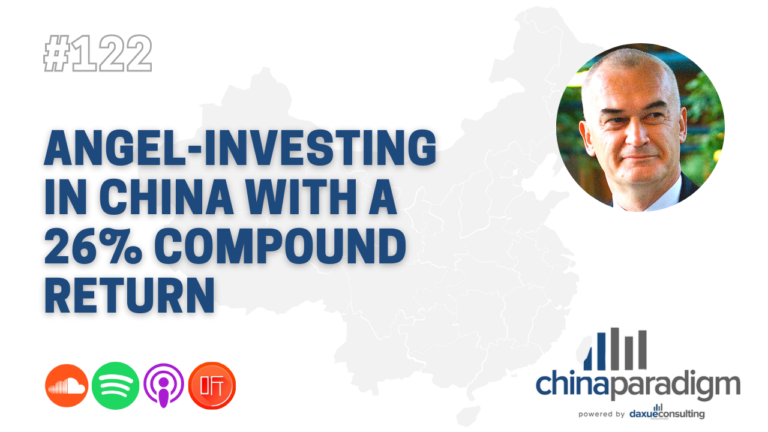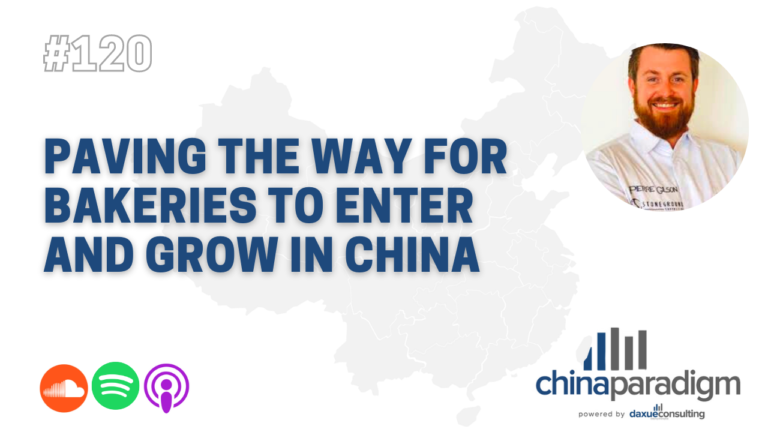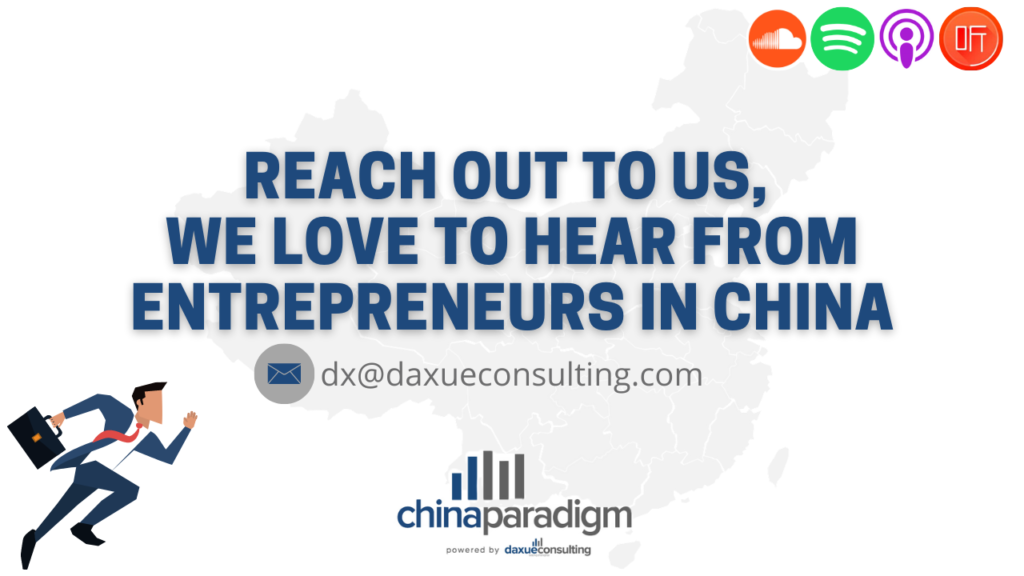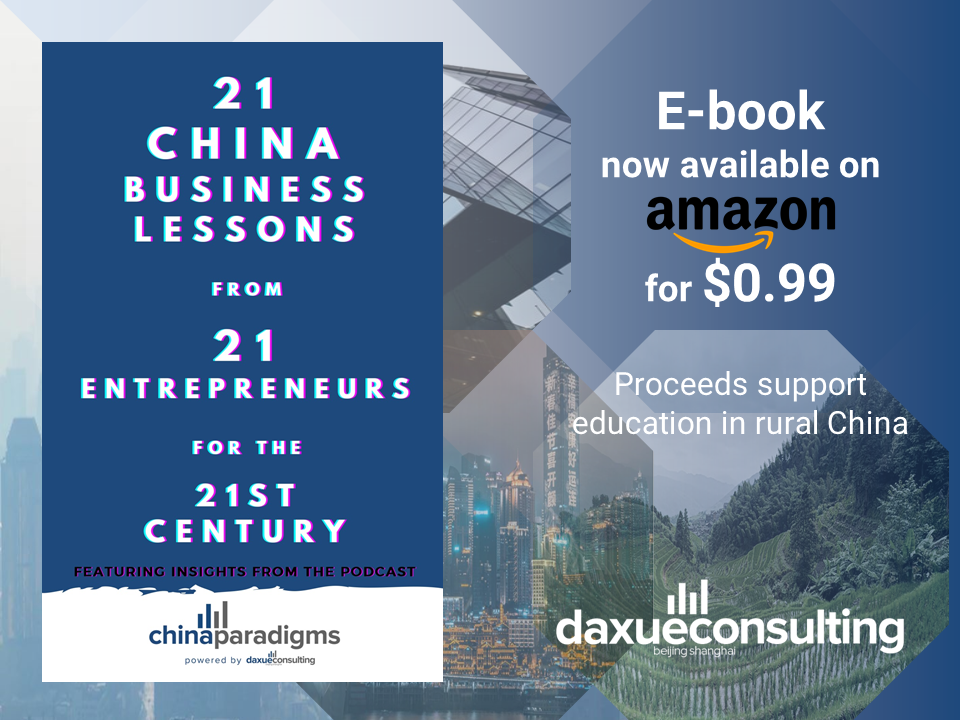China Paradigm interviewed Milad Nouri, the co-founder and CEO of YOOSourcing, to have an insight into his sourcing solution on the Chinese market that helps you to develop your business by connecting buyers with Chinese suppliers.
Milad Nouri, a born entrepreneur willing to develop a sourcing solution on the Chinese market
After graduated from a Master’s degree in software engineering in France in 2006, Milad Nouri came to China where he started to work for Alcatel as a software engineer. Yet, he quickly gets caught up by his passion for entrepreneurship, and after only a few months at Alcatel, he decided to start a Ph.D. in China in international entrepreneurship and cross-culture management, where he conducted research about cross-culture entrepreneurship.
His strong interest in developing foreign business in China finally led him to co-found his first company, China Consultants International Ltd, which, among other goals, aimed to bring a sourcing solution on the Chinese market and connect buyers with Chinese suppliers.
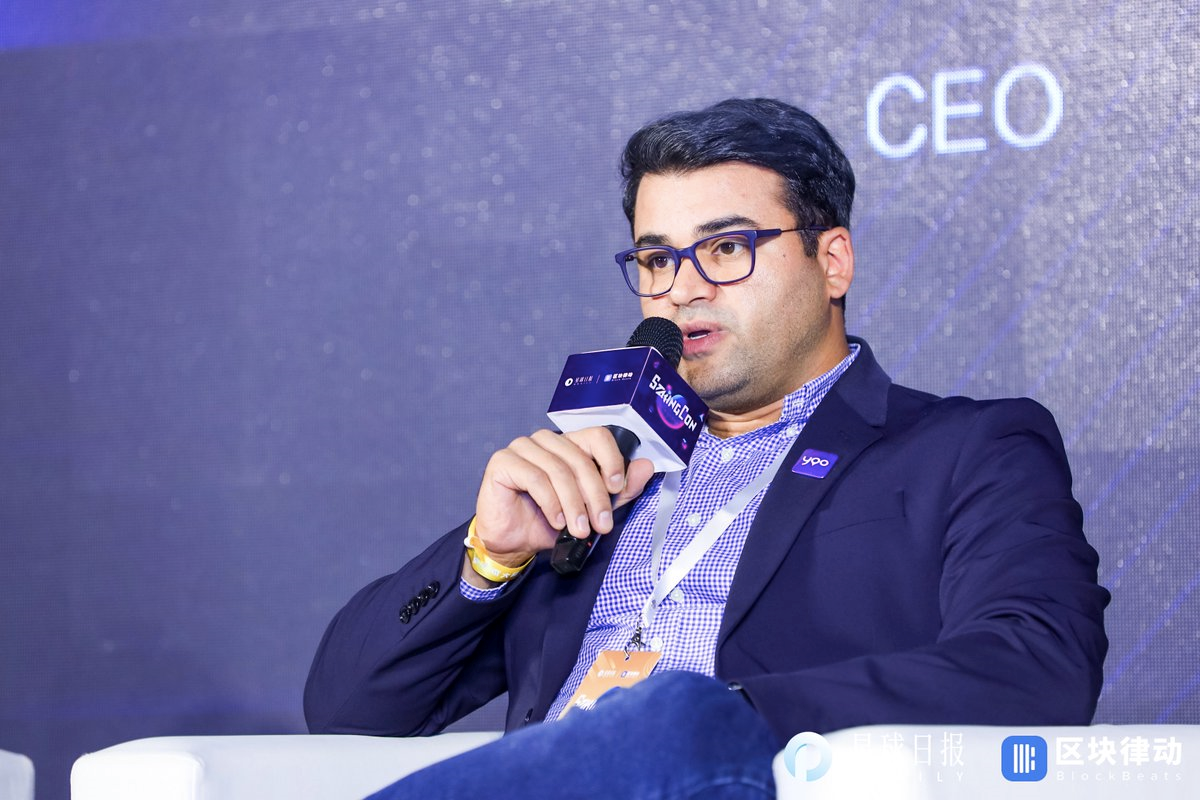
Although Milad Nouri was already working on the development of his own company in China, after a few years he still wanted to push it further.
Inspired by his personal experience in China for more than 10 years at that moment, Nouri identified several issues that foreigners could face in China, from daily life aspects to business ones. In 2015, he gathered all his crispy stories about his life in China and wrote a book about it.
Meanwhile, well equipped with his cross-cultural entrepreneurship knowledge and his own background, Milad Nouri also focused more on the business side and especially on how difficult it could be to develop a foreign business in China. To answer this point in a more precise way, he tackled sourcing issues in China and especially the transparency in China’s sourcing industry’s problem.
Indeed, Nouri thought that an important point for a business to thrive in China was to find reliable and trustable suppliers to work with. Thus, in 2016, he finally co-founded YOOSourcing, a global sourcing solution on the Chinese market, aiming to connect buyers with Chinese suppliers.
YOOSourcing, an innovative way to connect buyers with Chinese suppliers
YOOSourcing is a mobile application where you can find reliable suppliers in China, and even in some other countries.
What is important to understand is that YOOSourcing basically doesn’t search themselves for new suppliers in China. That is the reason why Milad Nouri prefers to describe his company more as a sourcing solution on the Chinese market than a platform:
“We call ourselves more as a global sourcing solution in China than a platform because as you said, we actually complete what all the other platforms provide. So, we consider platforms like global sources, Alibaba, Google to find reliable suppliers in China. We are more like LinkedIn, TripAdvisor and let’s say, WeChat between suppliers and buyers.”
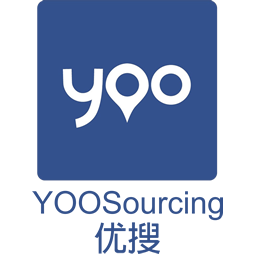
To put it in a nutshell, YOOSourcing provides a powerful tool to connect buyers with Chinese suppliers. The APP gathers many suppliers that you can find on other platforms such as Alibaba or Google and allows buyers to find the most reliable ones.
Indeed, trust and transparency in China’s sourcing industry is a relevant question that Milad Nouri wanted to emphasize on. Then, YOOSourcing is offering different tools to make sure suppliers are trustable: from the geolocation of suppliers to the implementation of a rating system, and even a ranking one.
Transparency in China’s sourcing industry: a real problem that many businesses in China are facing
Transparency in China’s sourcing industry is a huge topic and one of the main issues that entrepreneurs can encounter, especially foreign businesses in China. Every day, many companies are setting up in China, and a lot of them are being cheated by non-scrupulous suppliers.
“I have a trading company for 13 years now, most of our clients, they come to us because they got cheated by some suppliers that they found, […] because there is no transparency.”
According to Nouri, saving past information is the key to bring transparency in China’s sourcing industry in the long term. Actually, finding a trustable supplier in China is a real struggle as it is pretty difficult to find relevant information about each one.
“Most of the times we use quality inspection companies and today what happens is that we contract them, they go to a factory, they say – it is okay or it’s not okay, and that information kind of stays there and if you want to retrieve the information two years after, you have no idea how to retrieve it.”
In order to face transparency in China’s sourcing industry issues and give a useful answer, YOOSourcing uses consortium blockchain to keep information about suppliers and improve the traceability. In other words, they gather information about the location of suppliers, previous quality inspections results or comments from other buyers and save it in a kind of a private blockchain to make it easier to find in the future, and prevent risks for buyers.
Develop a foreign business in China: Easy to start but not to thrive
In the last part of the interview, Matthieu and Milad discussed their point of view of setting up a foreign business in China and the contrast between what China wants to do and what they are actually doing.
According to Nouri, it can be pretty easy to come and develop a foreign business in China, at least at the beginning since many cities try to appeal to foreign startups by giving them a nice working environment to establish their foreign business in China best way.
“If I take the case of Hangzhou, Hangzhou is saying that they want to become international, they want to attract foreign talents, so they’re creating the whole environment for foreign talents to develop their business in China.”
Nevertheless, attract foreign companies is only the starting point, and the hard part remains to be. Once a company established itself in China, it still needs to find suppliers, clients, and raise funds by getting a loan or finding Chinese investors. But as Milad Nouri perfectly explained it, it still remains cultural differences that can become obstacles to develop a foreign business in China, and it’s sometimes difficult to adapt.
“They’re kind of selling a dream to them and saying oh, we have a lot of investors and we can get you a lot of meetings with them – I do a lot of meetings with investors, but I understand them, they are Chinese investors, I speak Chinese but we still have culture difference and they would invest on a Chinese entrepreneur easier.”
We can definitely say that China is willing to attract people from all over the world and help them to set-up a foreign business in China, but are Chinese investors ready to take the leap?
“So, there are two worlds – the board of the investors and what the government wants to do and they still didn’t match it.”
Listen to this episode here:

